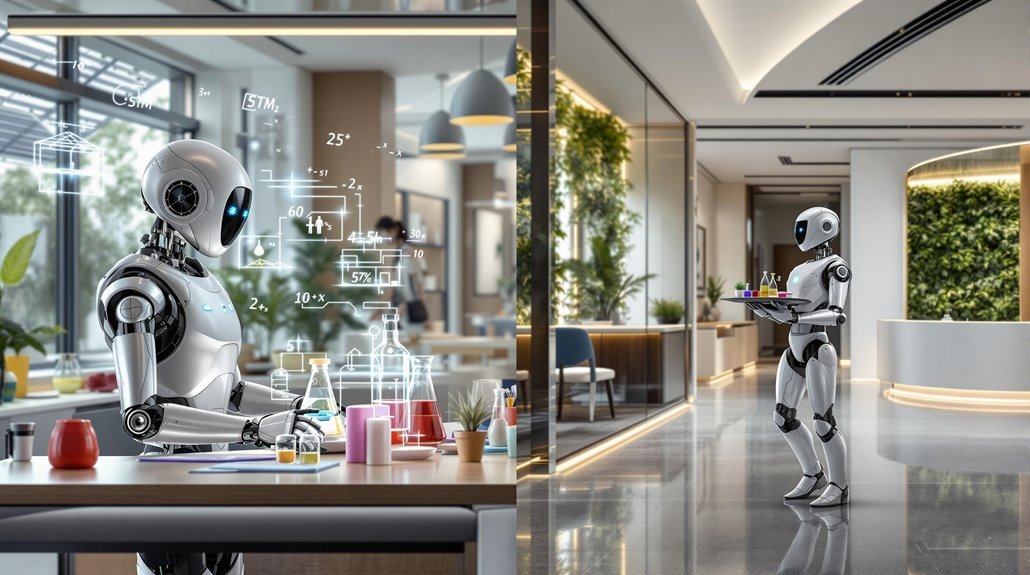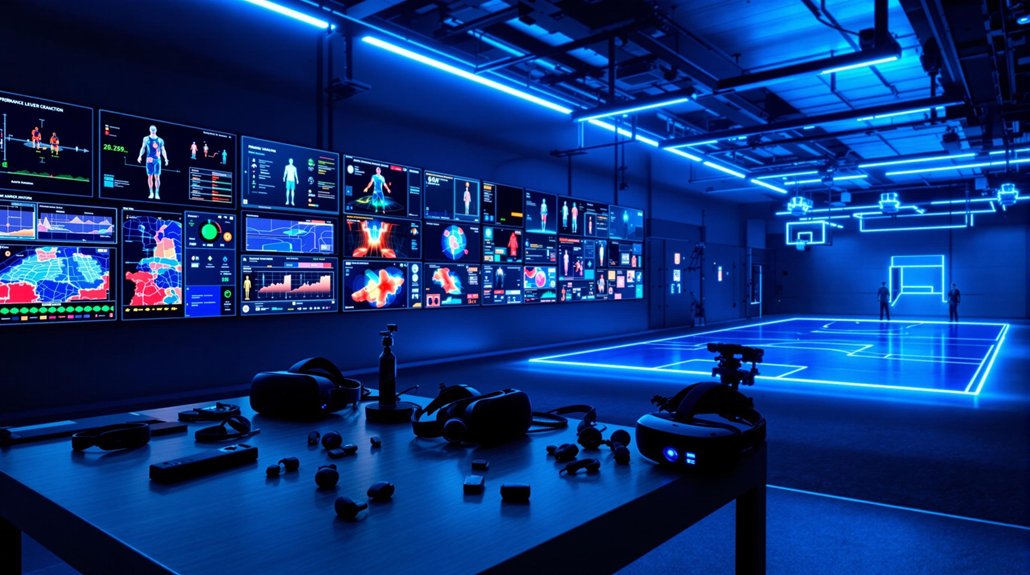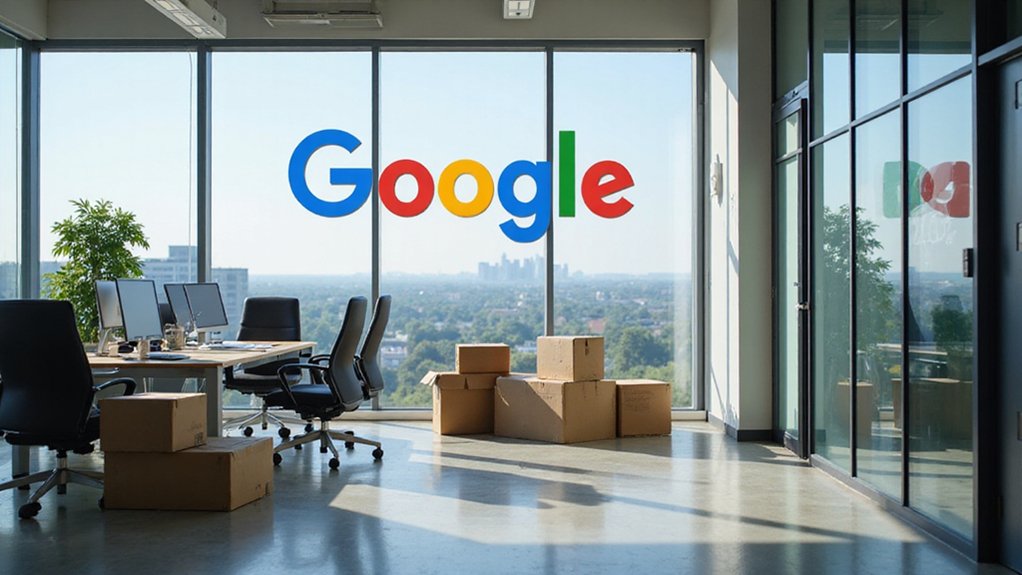Business leaders are increasingly investing in AI technology while restructuring their workforces. With 92% of executives planning to increase AI spending and 72% of businesses already adopting AI for at least one function, a significant shift is underway. Only 11% of employees currently use AI weekly, revealing a gap between company goals and actual implementation. Up to 40% of global jobs may transform by 2030, with customer service positions facing particular vulnerability. The full impact across industries continues to unfold.
As companies across the globe rush to embrace artificial intelligence, a major shift is happening in today’s workforce. Business leaders are increasingly looking at AI as a core part of their future operations. A striking 92% of executives plan to boost AI spending over the next three years, showing just how important this technology has become.
The AI revolution isn’t coming—it’s already here, reshaping how we work and what business leaders prioritize.
The trend is clear: while 72% of businesses have already adopted AI for at least one function, everyday use lags behind. Only 11% of employees use AI weekly, pointing to a gap between what companies want and what workers actually do. This disconnect is causing worry about job security, with over half of employees and leaders saying jobs in their field aren’t guaranteed anymore.
The job market feels frozen, with 81% of employees reporting no change in the past year. Companies are slowing their hiring as they figure out how AI fits into their plans. Many are creating new roles that didn’t exist just months ago, while traditional jobs are being redefined. Up to 40% of global jobs could be potentially exposed to AI transformation by 2030, with customer service roles particularly vulnerable.
AI literacy has become the most in-demand skill for 2025, according to LinkedIn data. But human abilities still matter greatly. Skills like handling conflicts, adapting to change, and creative thinking are becoming more valuable. Companies that successfully blend human talent with AI gain a competitive edge. McKinsey projects that AI could generate $4.4 trillion in productivity growth through various corporate applications.
Organizations are changing their structure to include AI systems as team members. Some new companies are building their entire business model around AI from the start. About 60% of employers believe digital tools like AI will completely transform their business by 2030. Leaders recognize that a fundamental rethink of knowledge work is necessary as employees face numerous daily interruptions that fragment their productivity.
Despite the enthusiasm from leadership, challenges remain. Most employees aren’t regularly using AI tools yet. Companies must address AI literacy and process changes to be successful. The impact varies by industry, but one thing is certain: the businesses that help their workers adapt to working alongside AI will have the best chance of success in this new era.
References
- https://www.mckinsey.com/capabilities/mckinsey-digital/our-insights/superagency-in-the-workplace-empowering-people-to-unlock-ais-full-potential-at-work
- https://www.microsoft.com/en-us/worklab/work-trend-index/2025-the-year-the-frontier-firm-is-born
- https://reports.weforum.org/docs/WEF_Future_of_Jobs_Report_2025.pdf
- https://www.6seconds.org/ai-ei-workplace-status-report-2025/
- https://www.cato.org/commentary/will-2025-be-year-ai-workers









